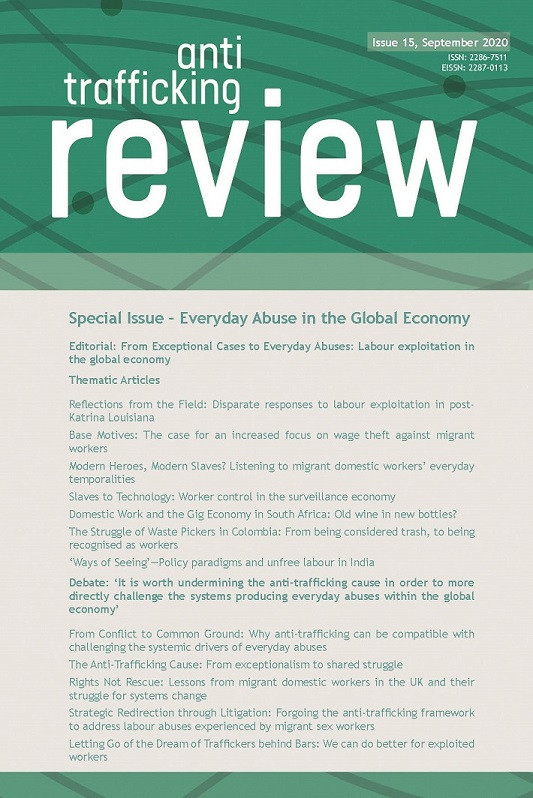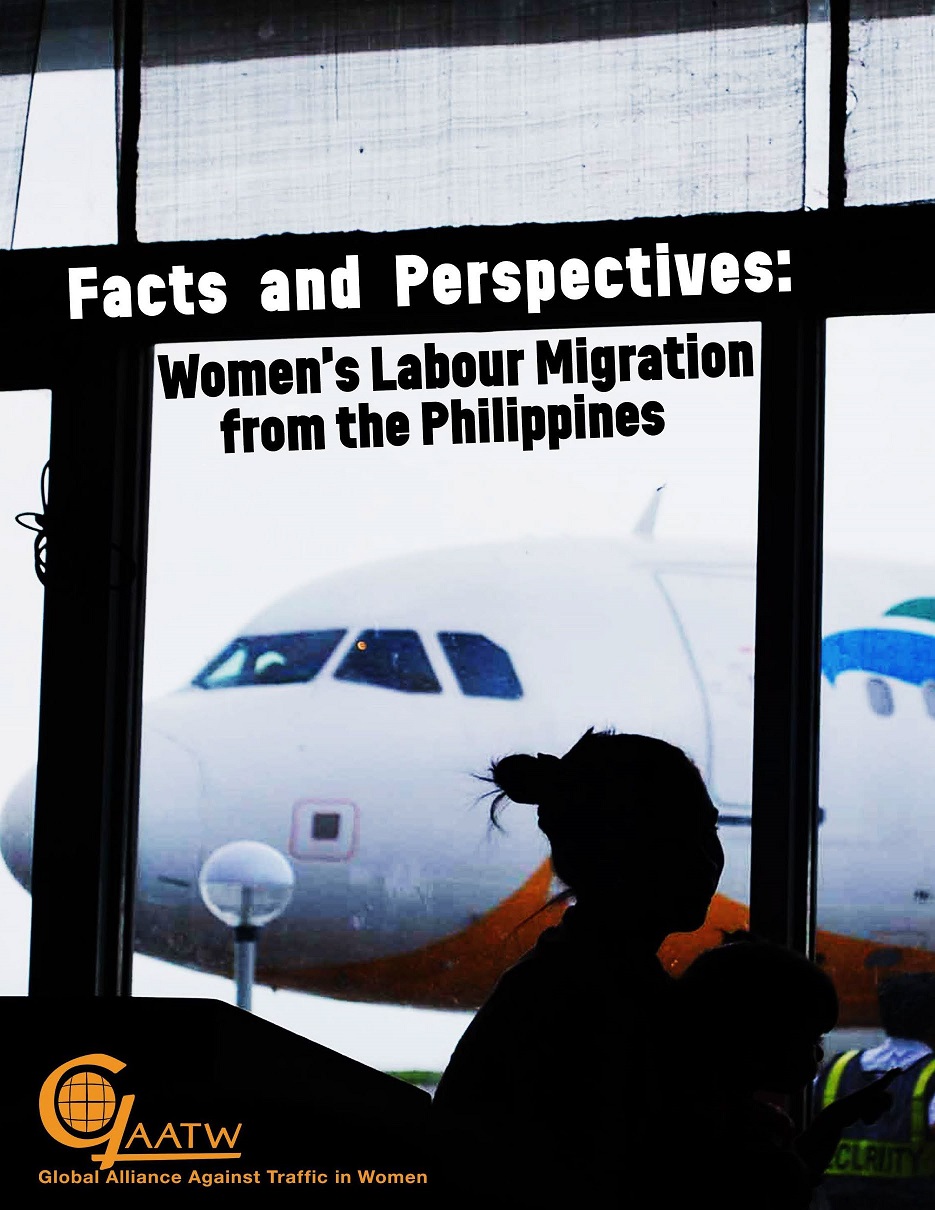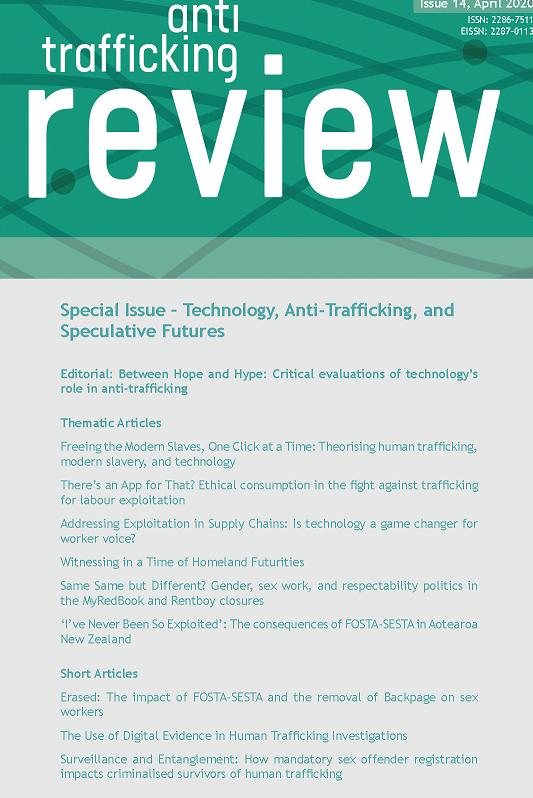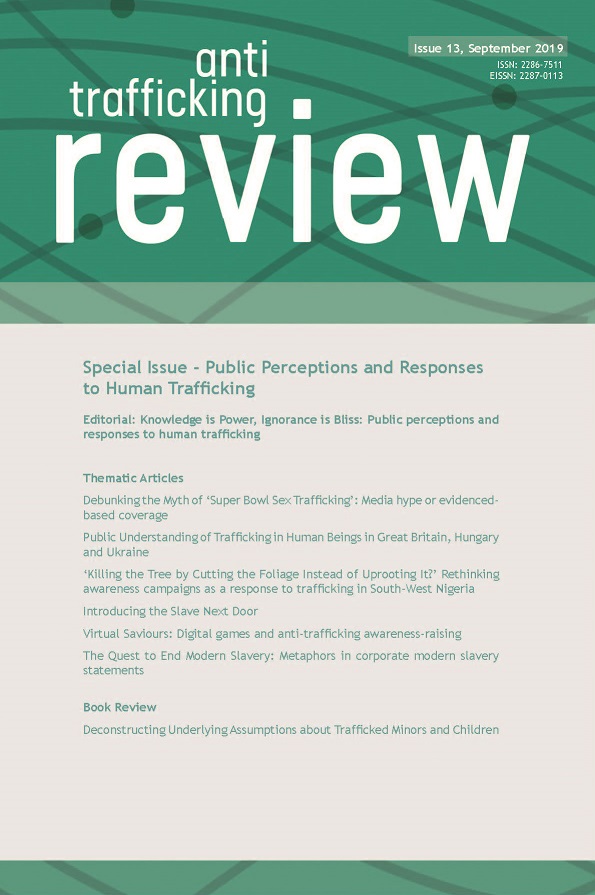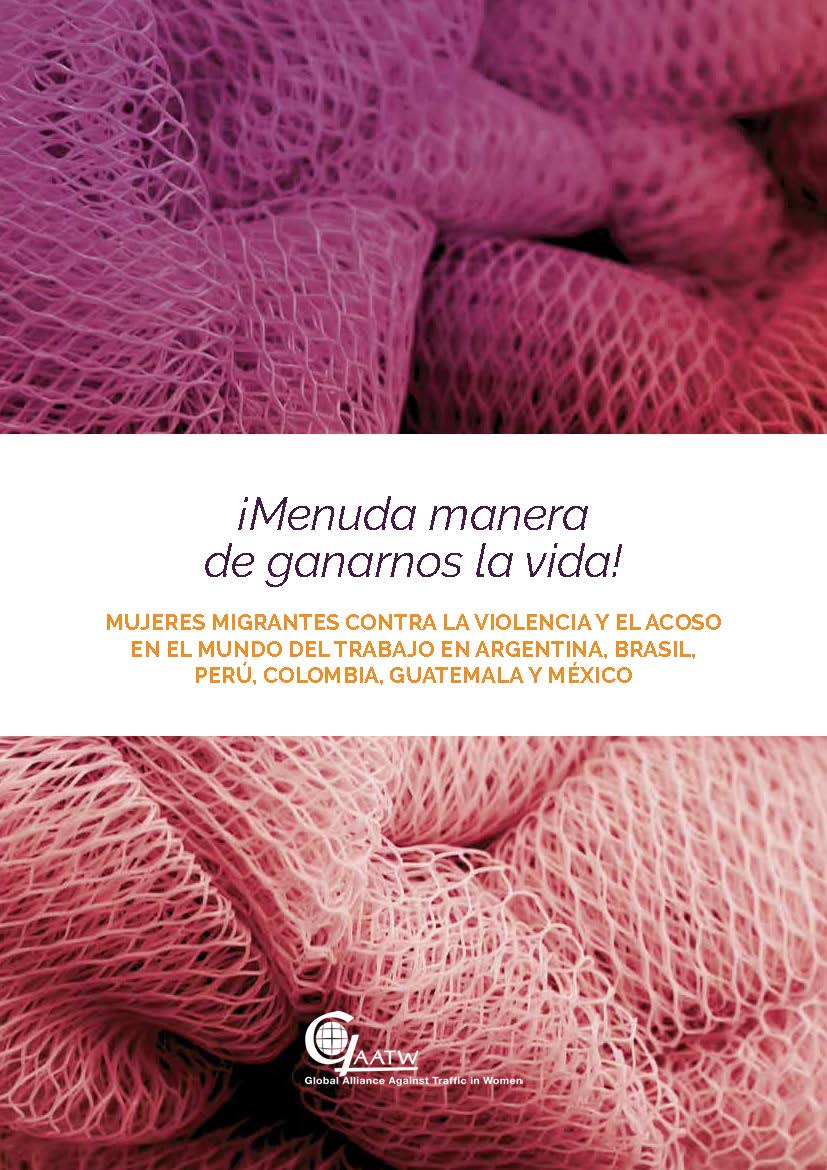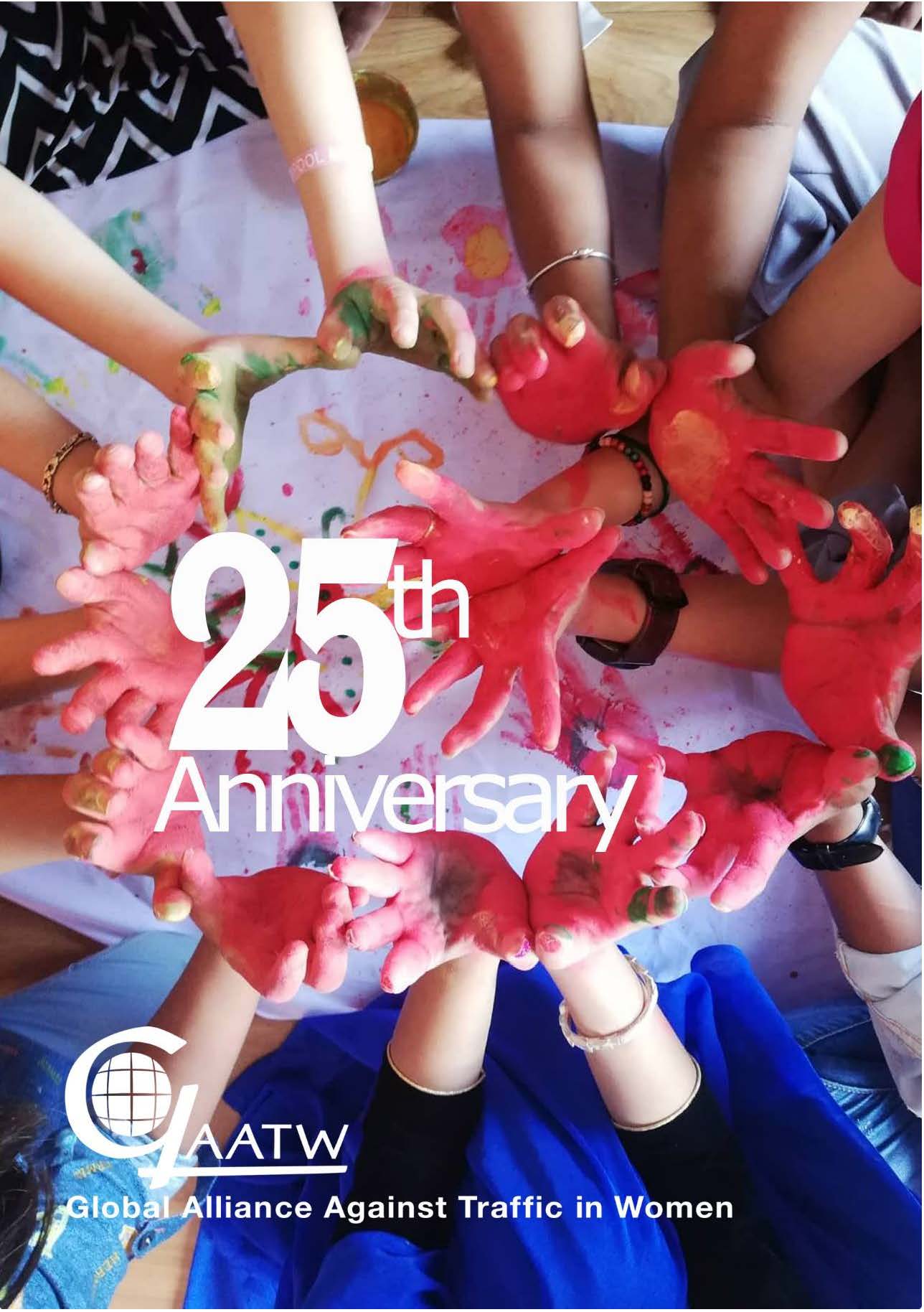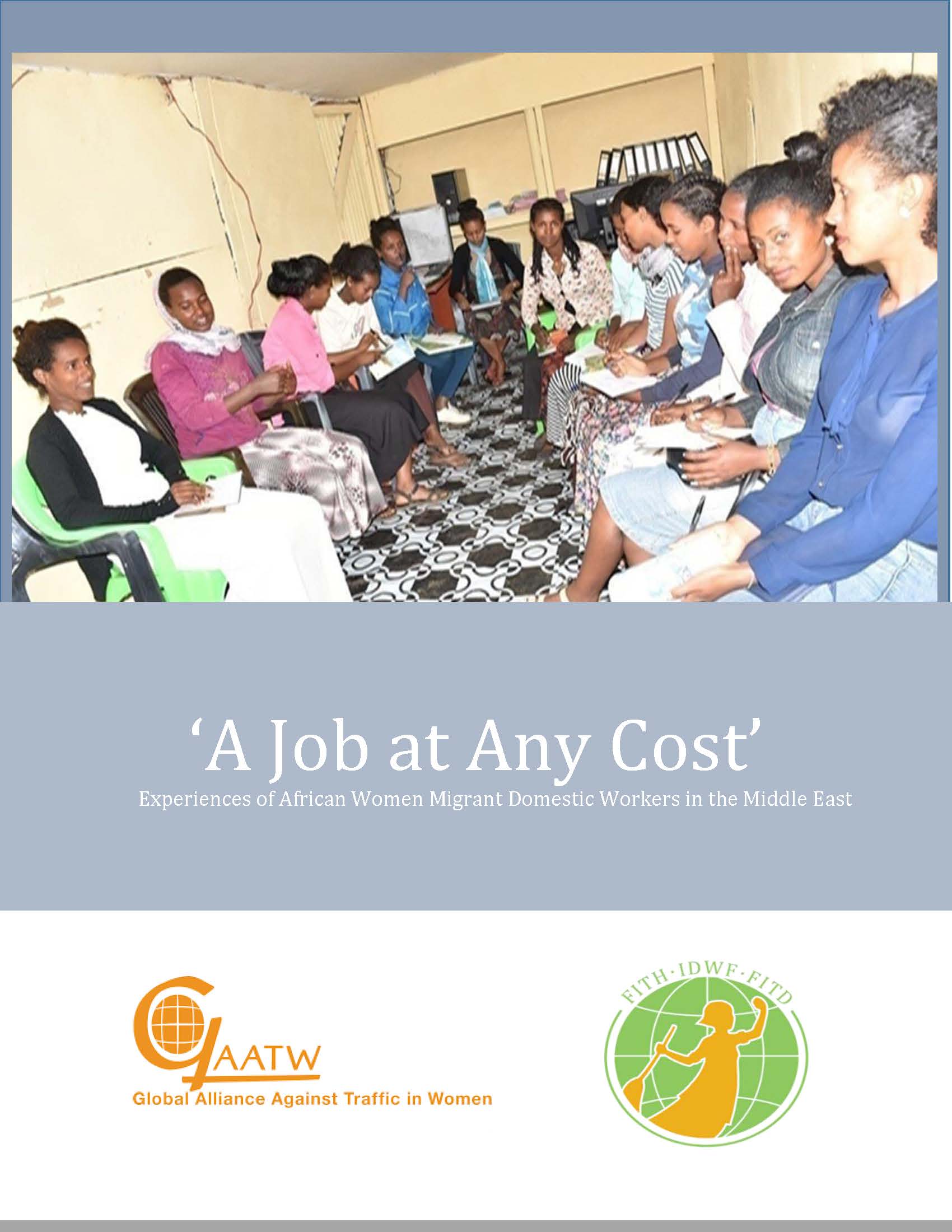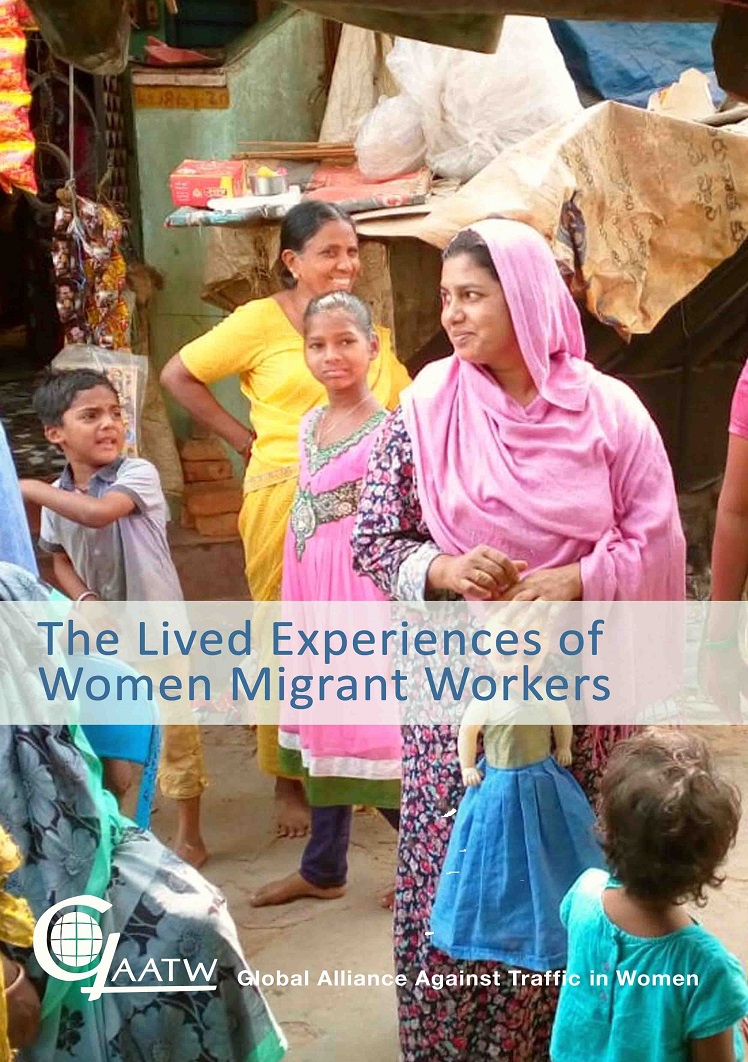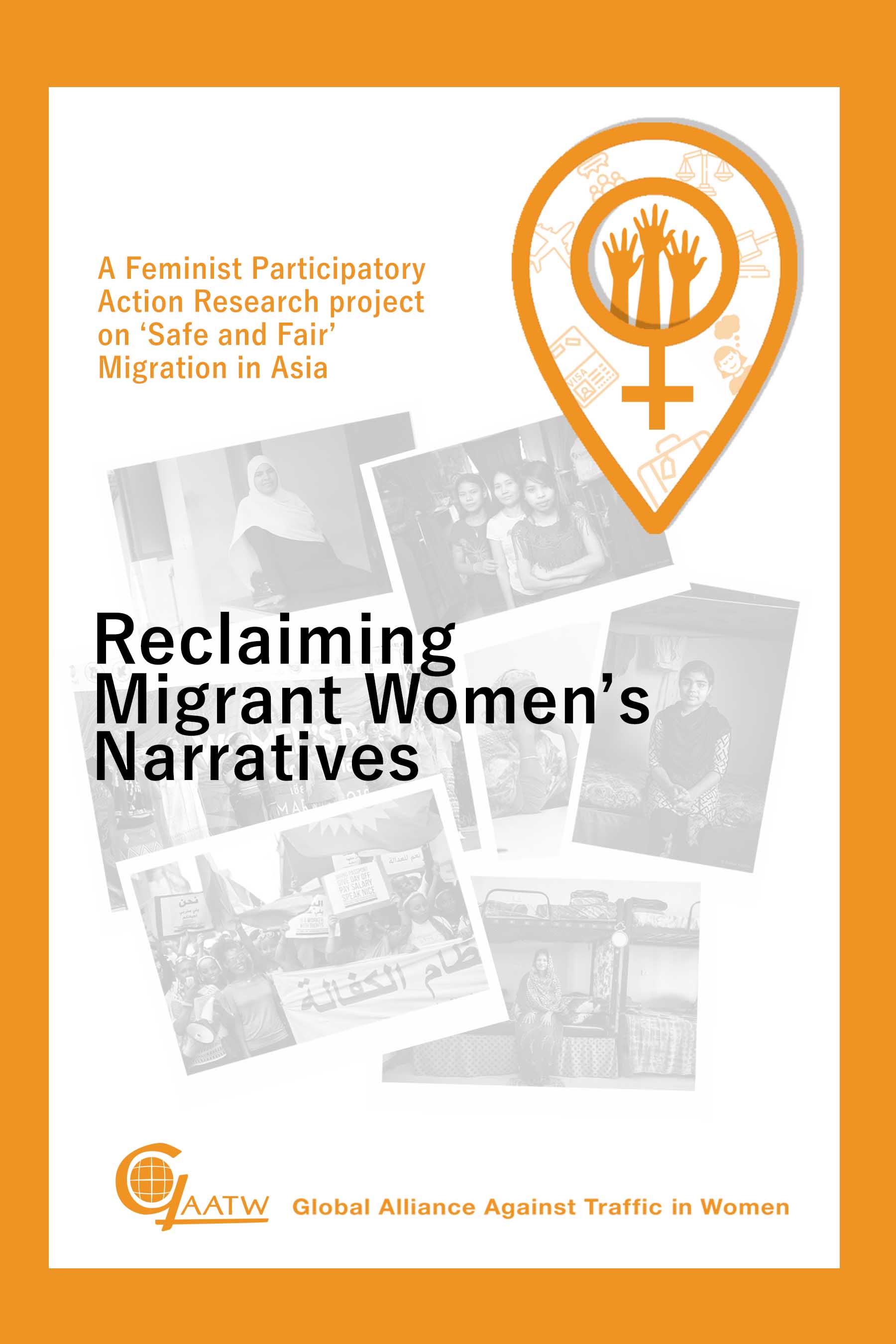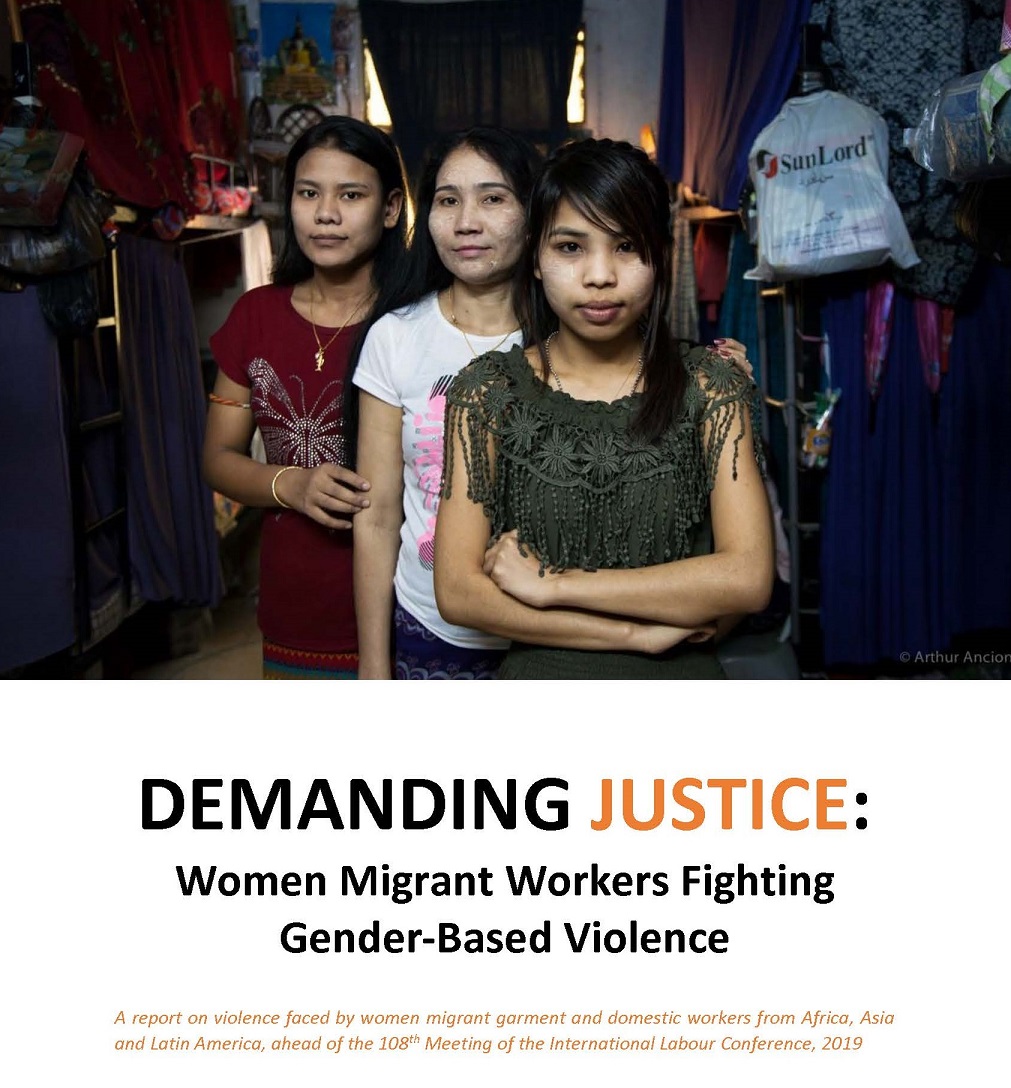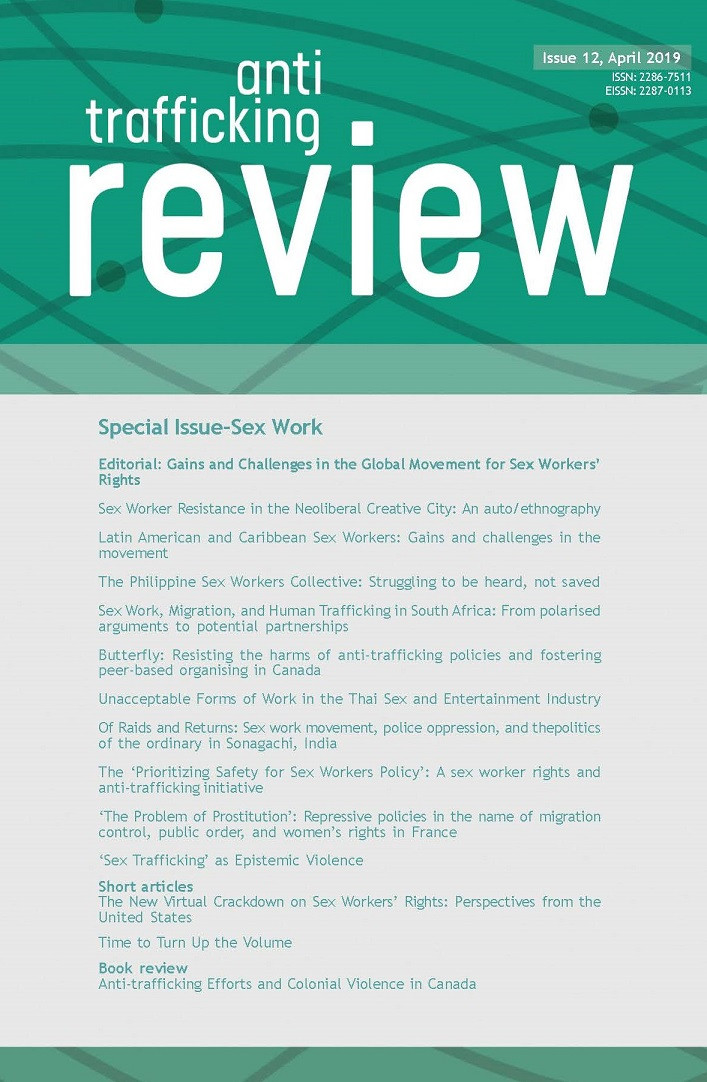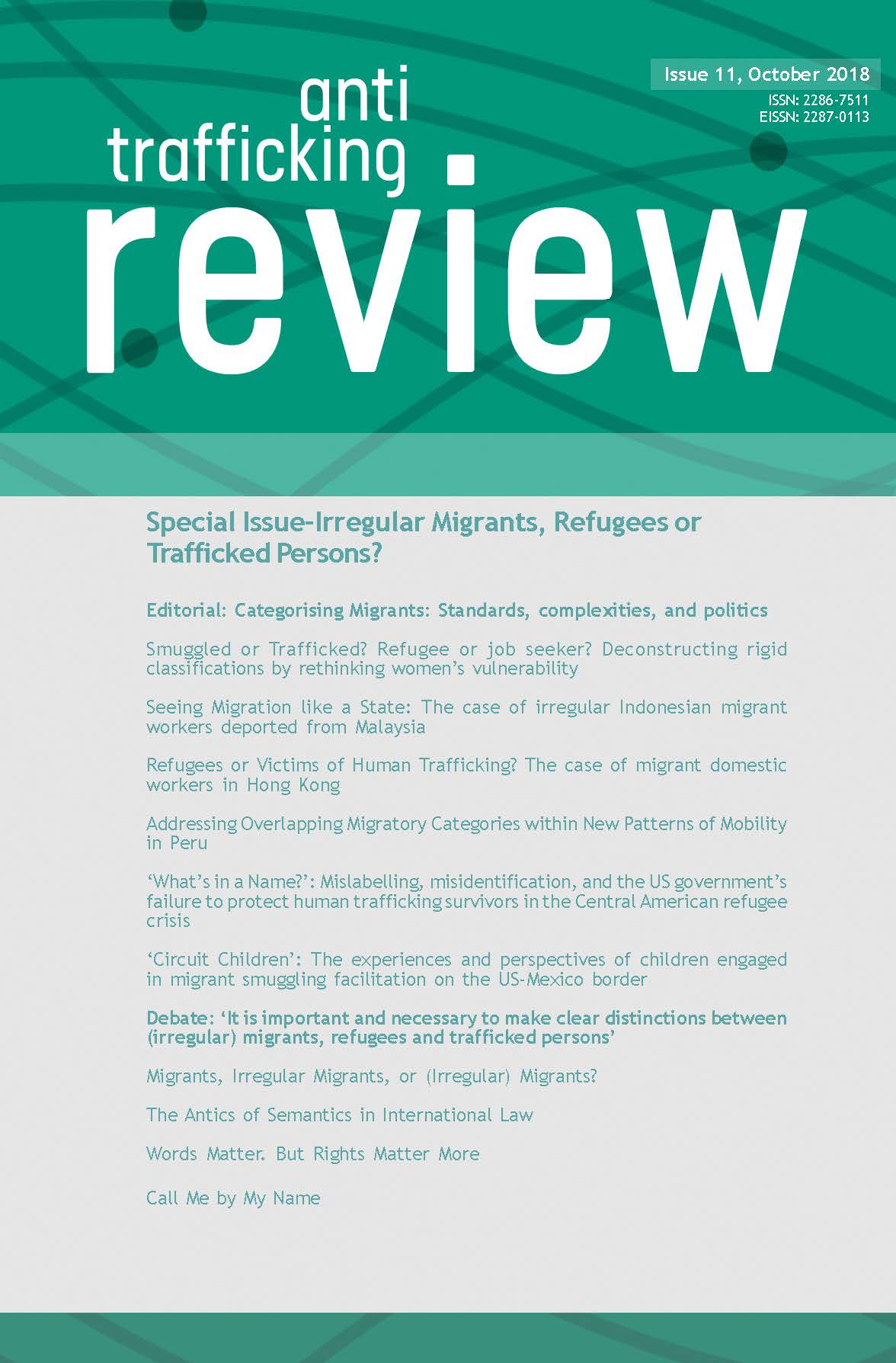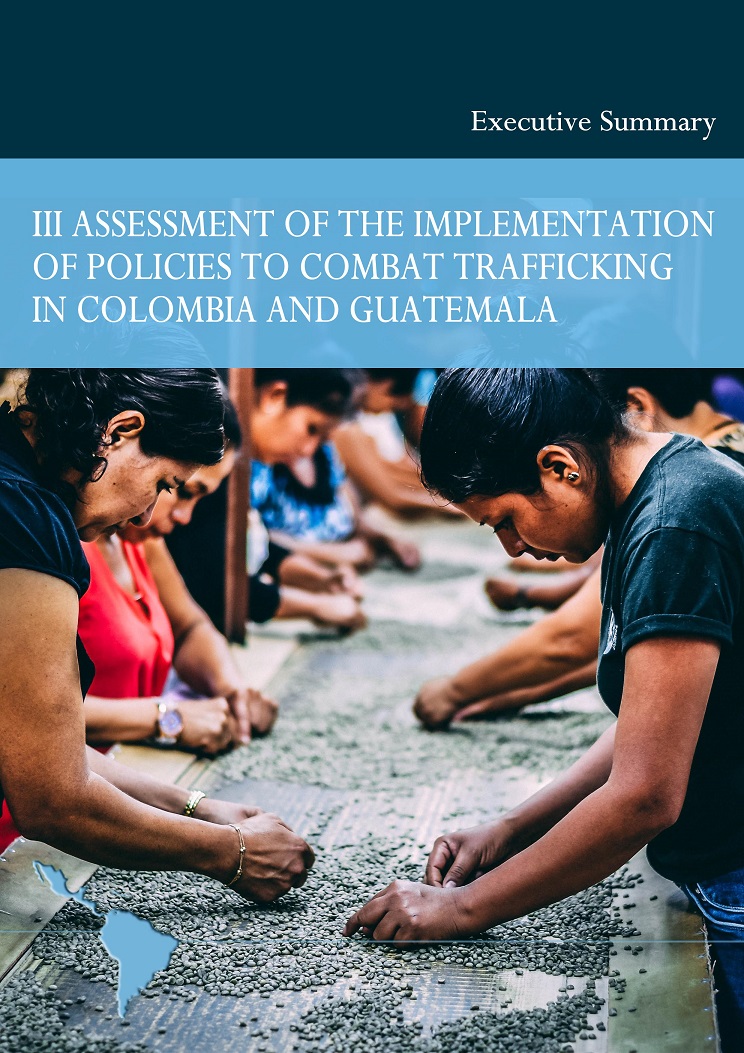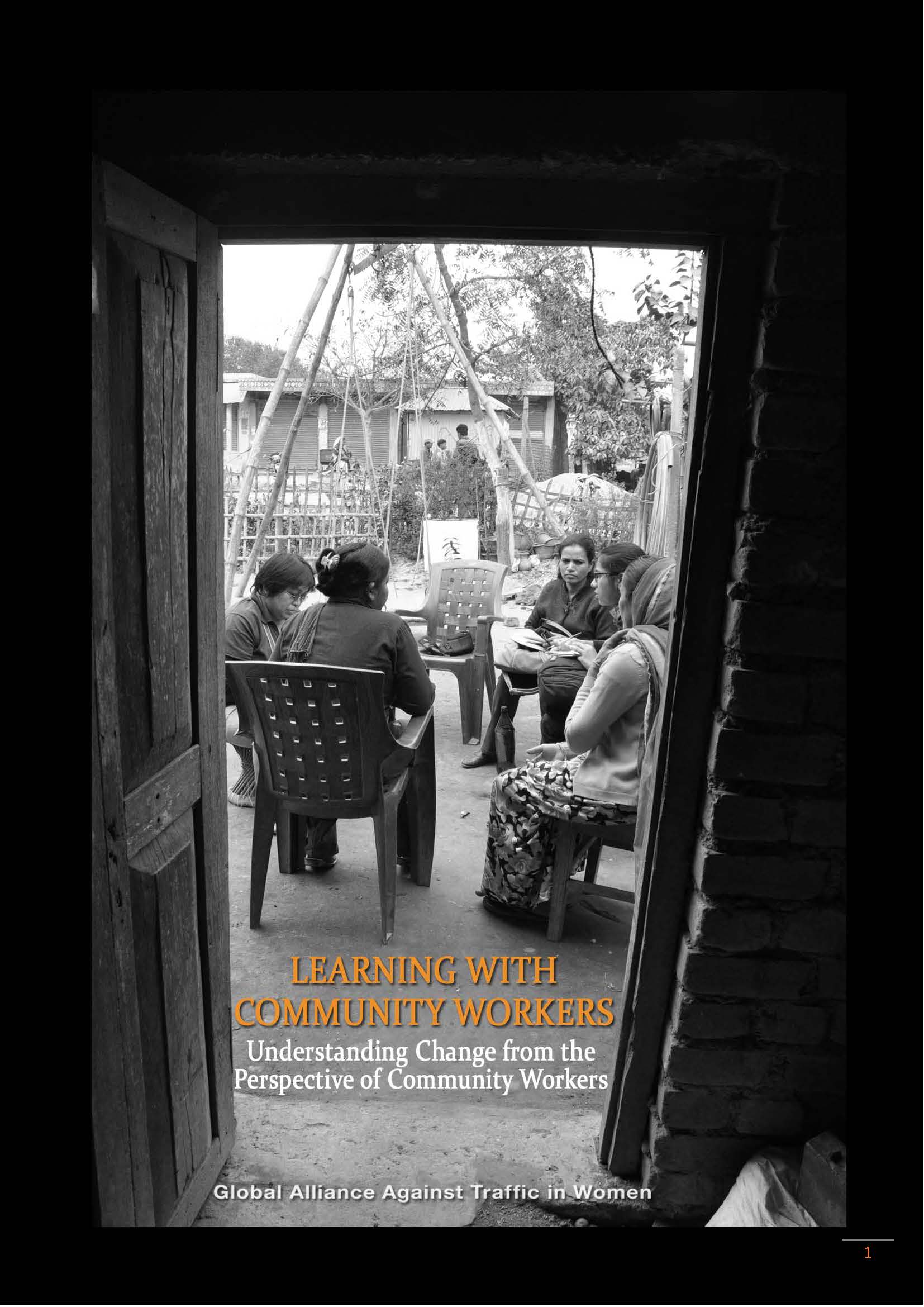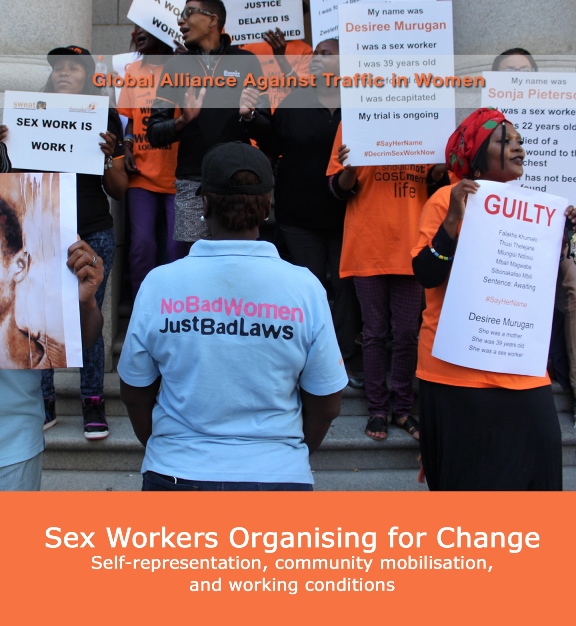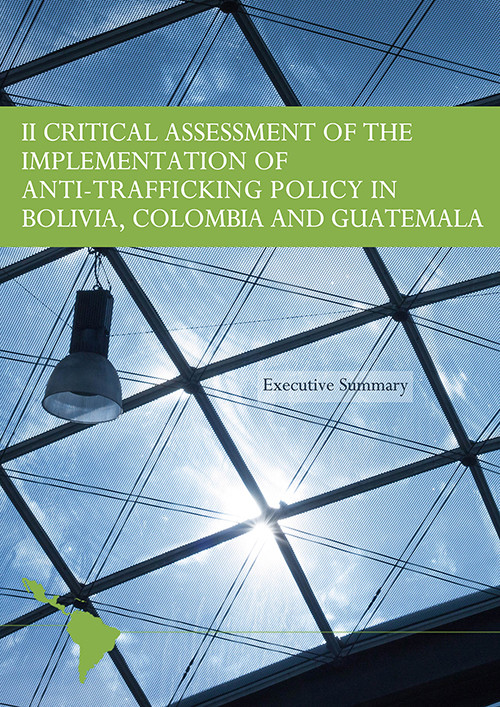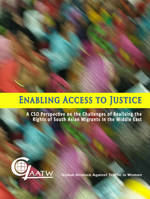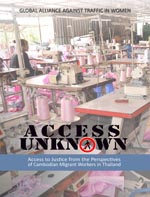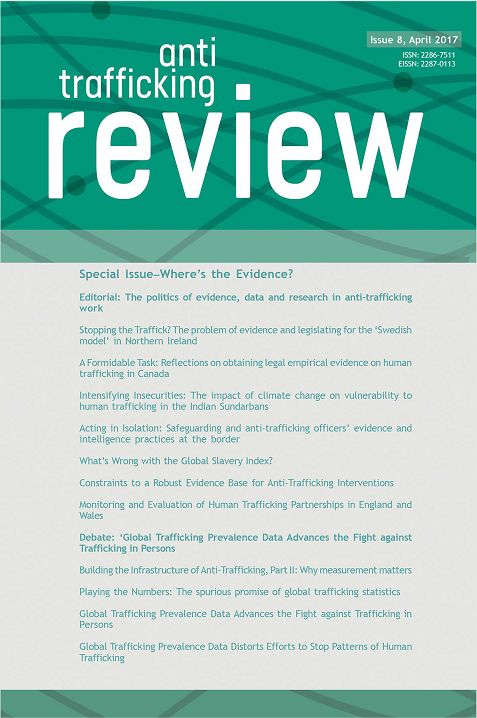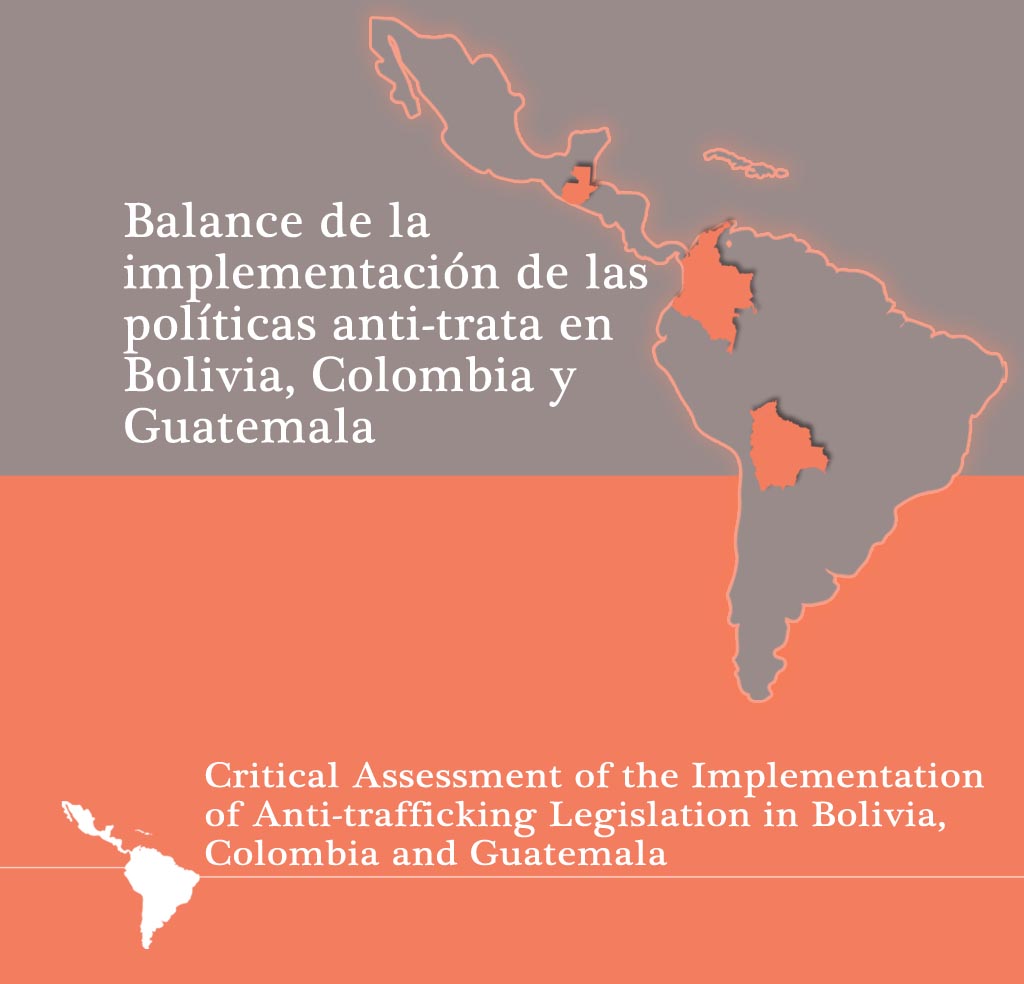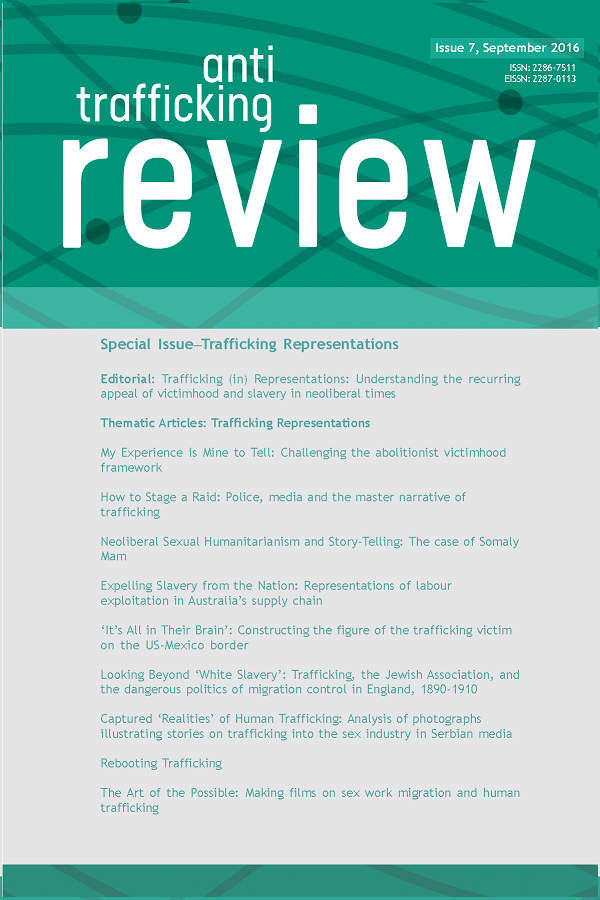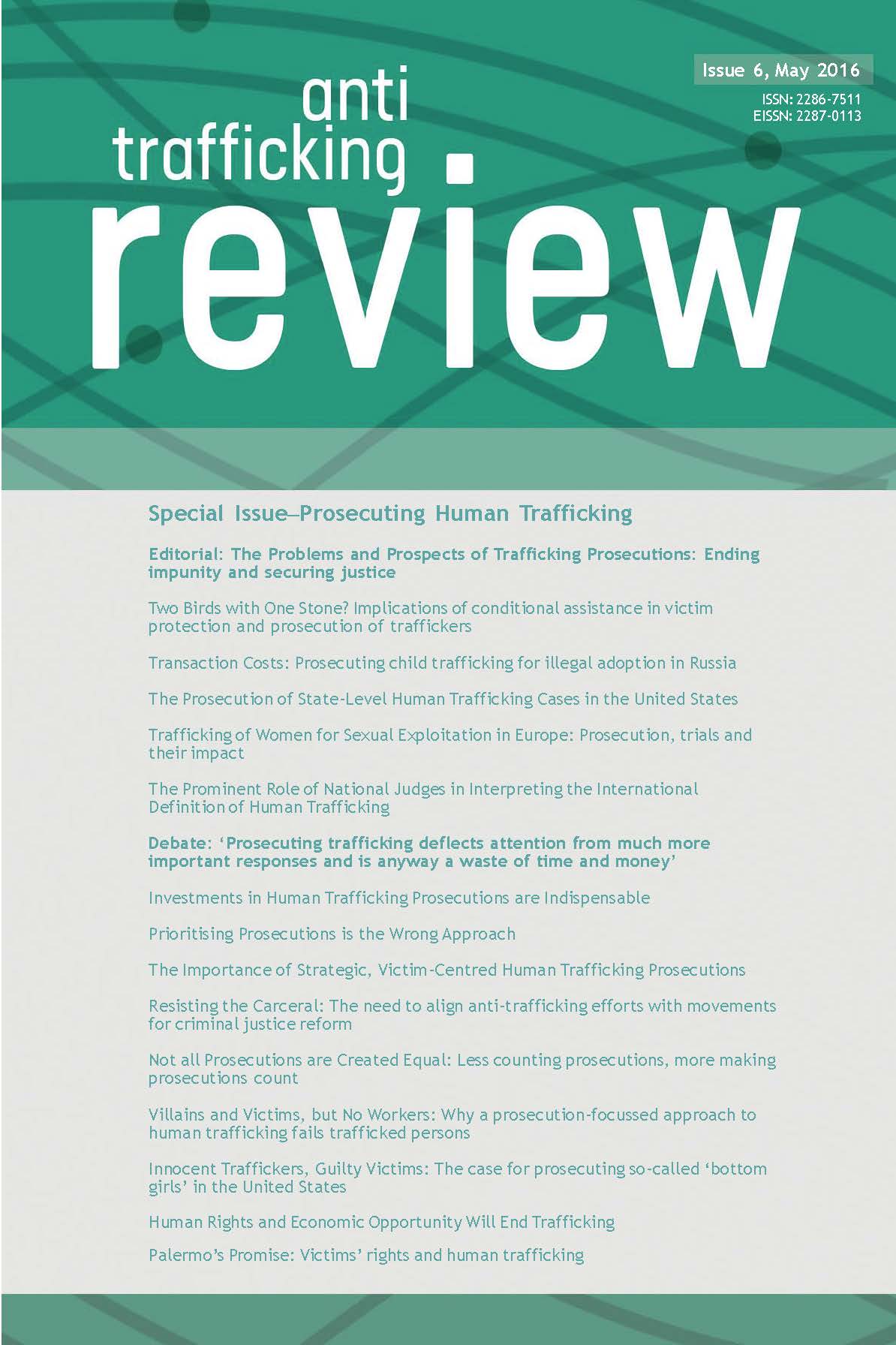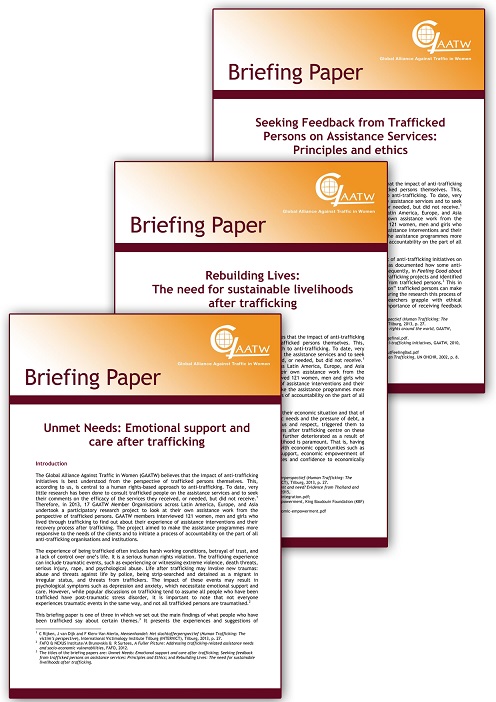IMRF update
GAATW Side Event
The GAATW International Secretariat co-hosted a side event during the IMRF alongside the Government of Bangladesh, the Women in Migration Network, Bangladesh Nari Sramik Kendra (BNSK), Espacio de Mujer, FairWork Netherlands and Ovibashi Karmi Unnayan Program (OKUP). Our side event discussed the research that has been done by GAATW and our partners in South Asia, Western Europe, and Latin America, to document migrant and trafficked women’s lived experiences with social and economic inclusion in the destination countries as well as with return and reintegration in their home countries.
The event was well attended, both in-person and online, and I would like to thank our wonderful speakers for their contributions. You can watch the event here.
In addition, as part of the Global Coalition on Migration, Bandana wrote an op-ed ahead of the IMRF, which was published in Open Democracy’s Beyond Trafficking and Slavery here.
Brief Reflections on the IMRF
1. Participation of Civil Society
Many CSOs have felt that there was very little opportunity to participate in a meaningful dialogue with the States who attended the IMRF. During the dialogues and roundtables, several CSOs reported being unable to make interventions or ask questions due to time constraints. This meant CSOs couldn’t challenge governments when they made inaccurate statement, and they couldn’t ask questions to find out more information from governments. This meant that the sessions meant for dialogue and discussion felt to CSOs like just a presentation of pre-decided statements.
We also are aware that there were challenges for some CSOs relating to denials of visas and last minute decisions on funding for travel, which may have further limited civil society participation.
2. Rhetoric of “safe and orderly” migration
GAATW also remains concerned by the IMRF’s emphasis on the term “orderly and regular” migration. This is the same language used in the Global Compact on Migration, and we think this focus is unhelpful. We would like instead to see a great emphasis on the safety and wellbeing of migrants irrespective of whether their migration is regular or irregular.
3. The progress declaration
As I mentioned, the IMRF is supposed to result in a progress declaration that is a shared agreement by all the member states. Whilst there are some positive aspects of the current draft of the progress declaration, we at GAATW share the following two concerns that have been raised by other member organisations and partners. First, throughout the document “women and children” are referred to as one group, which fails to address their unique and specific needs. Second, there is no clear reference to the right to freedom of association and collective bargaining for migrant workers.
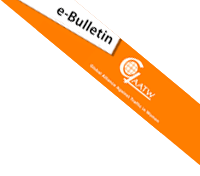


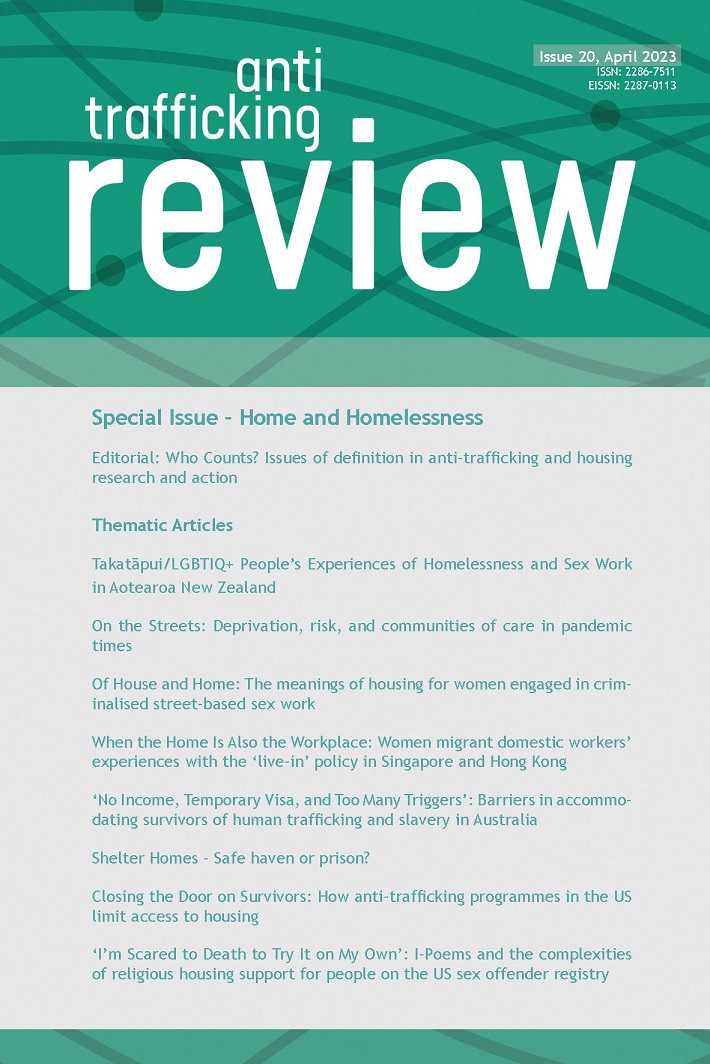
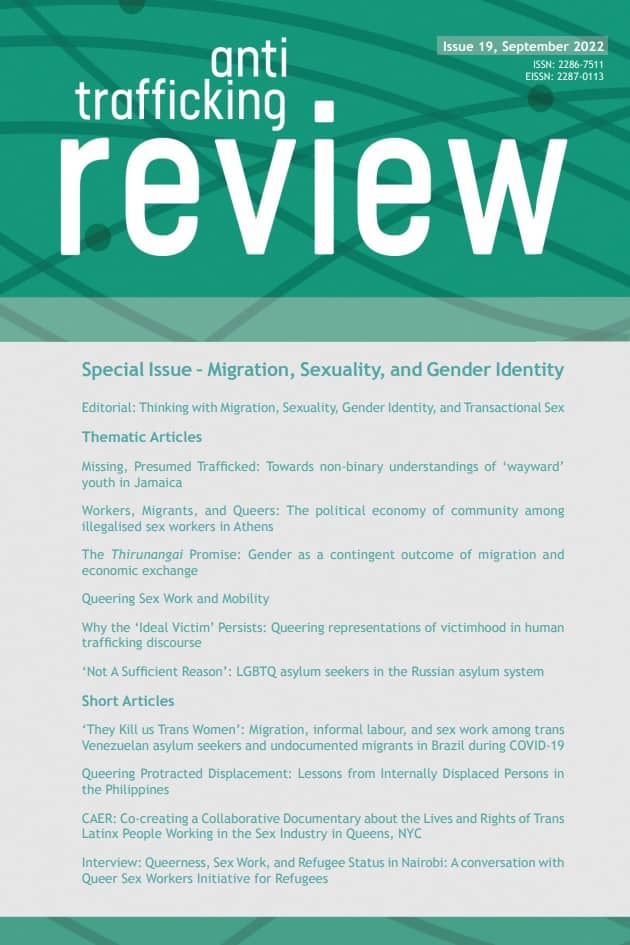
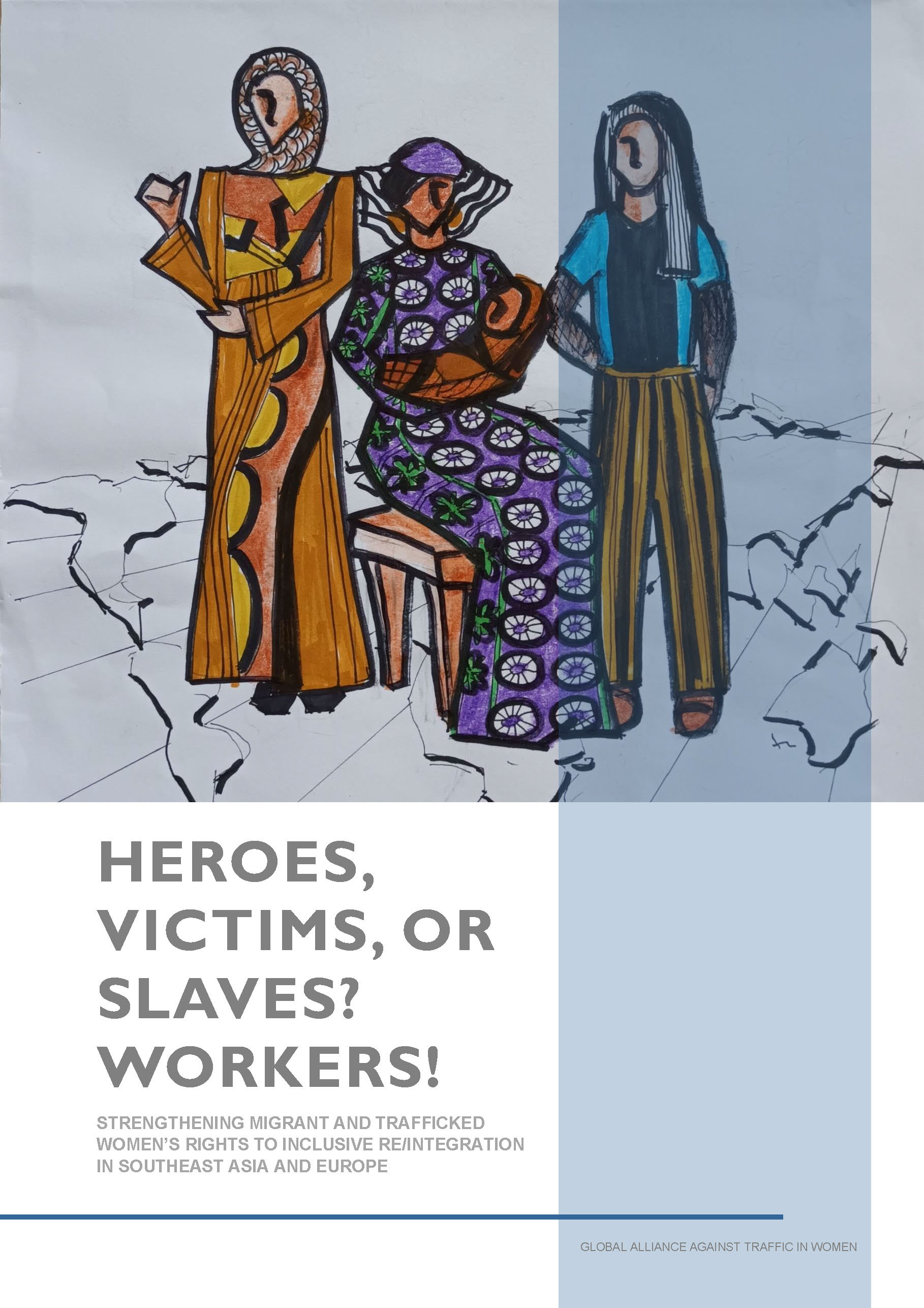
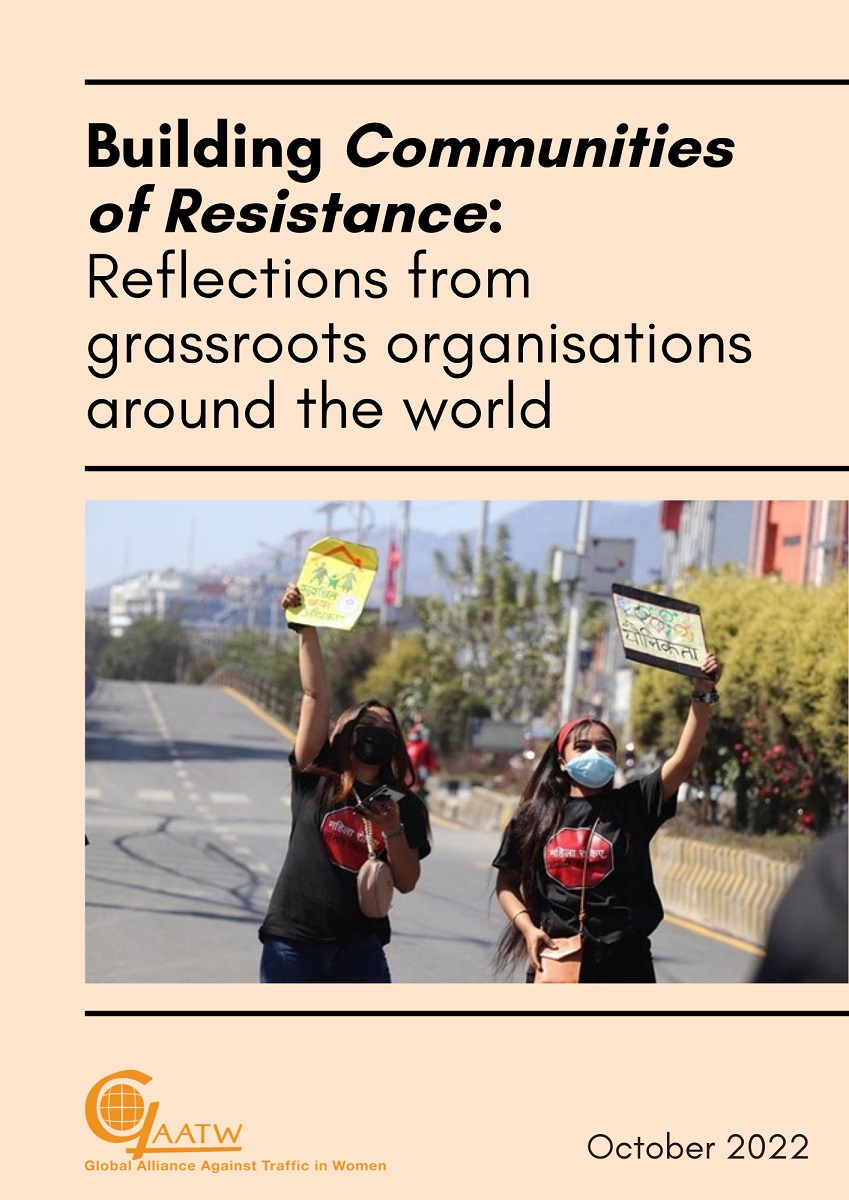
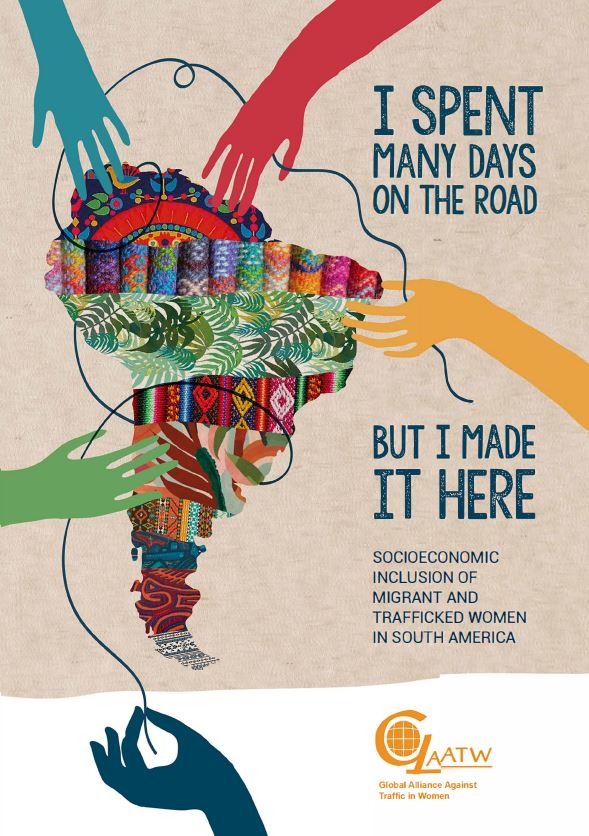
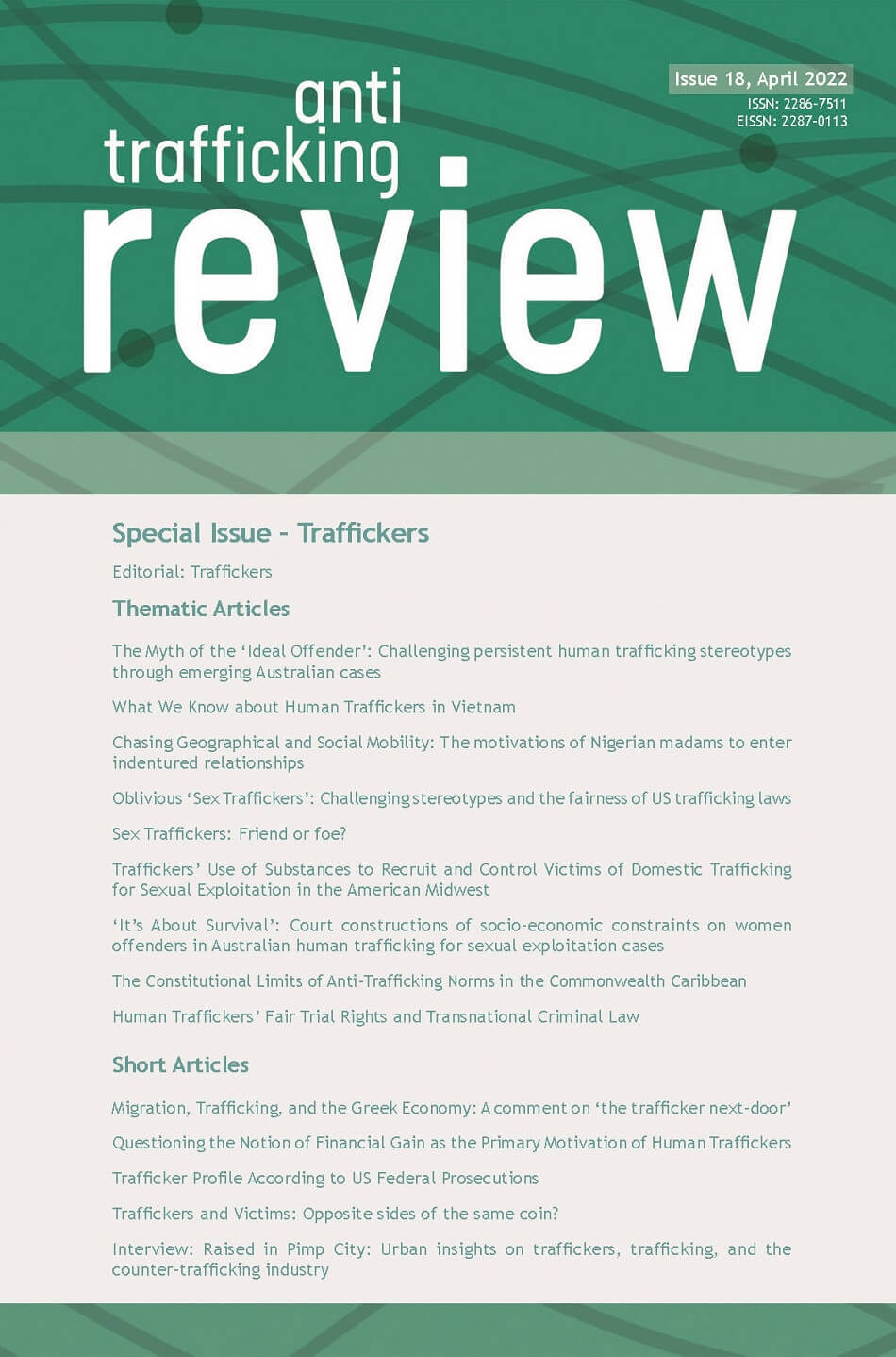
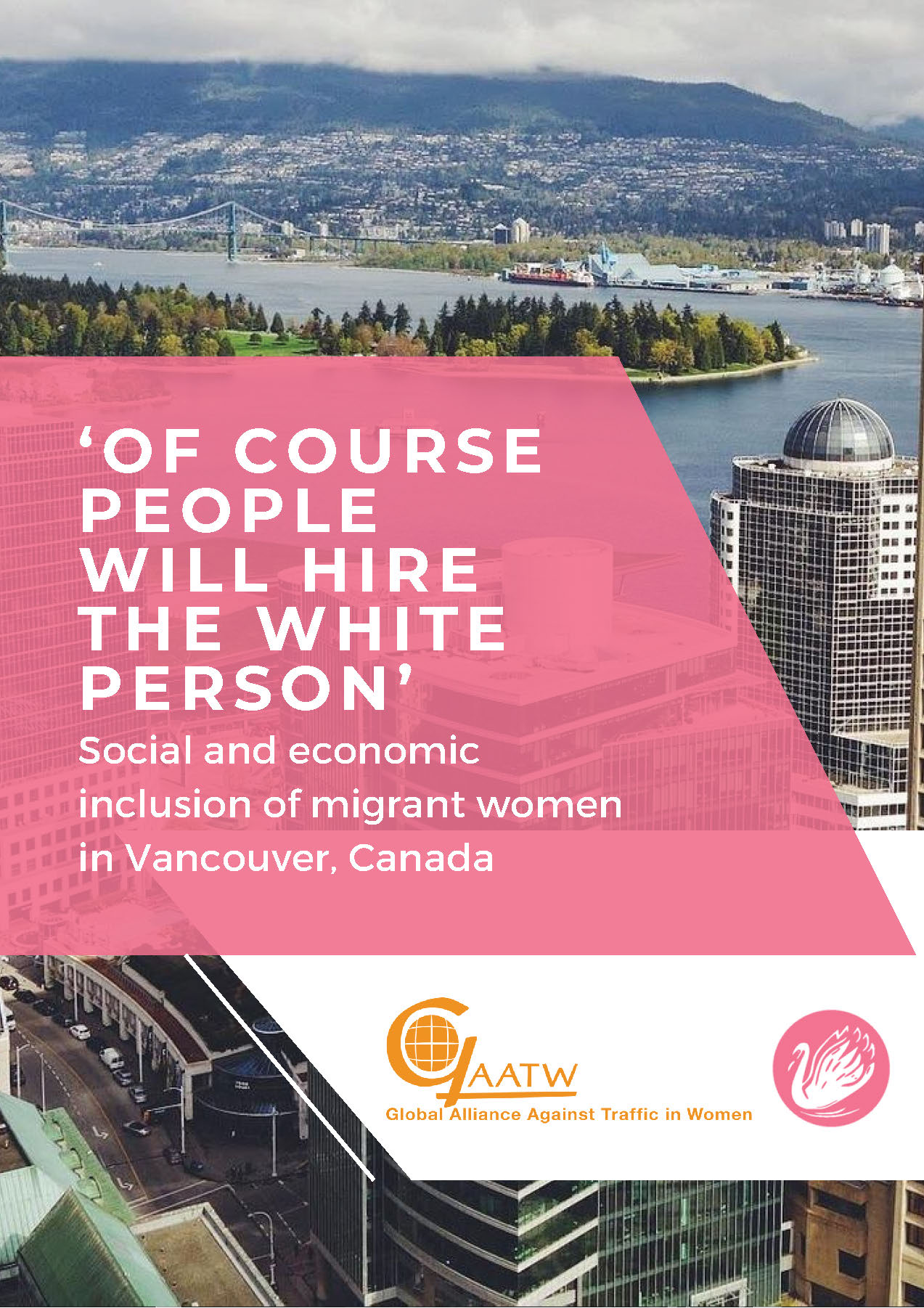
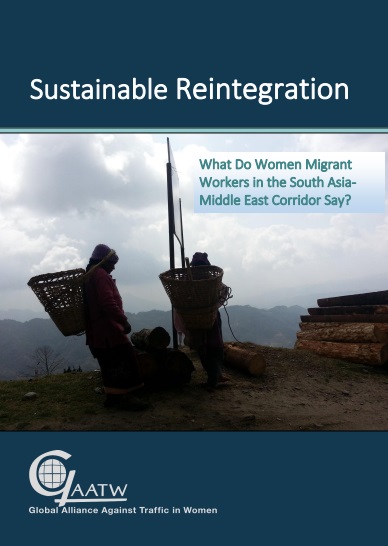
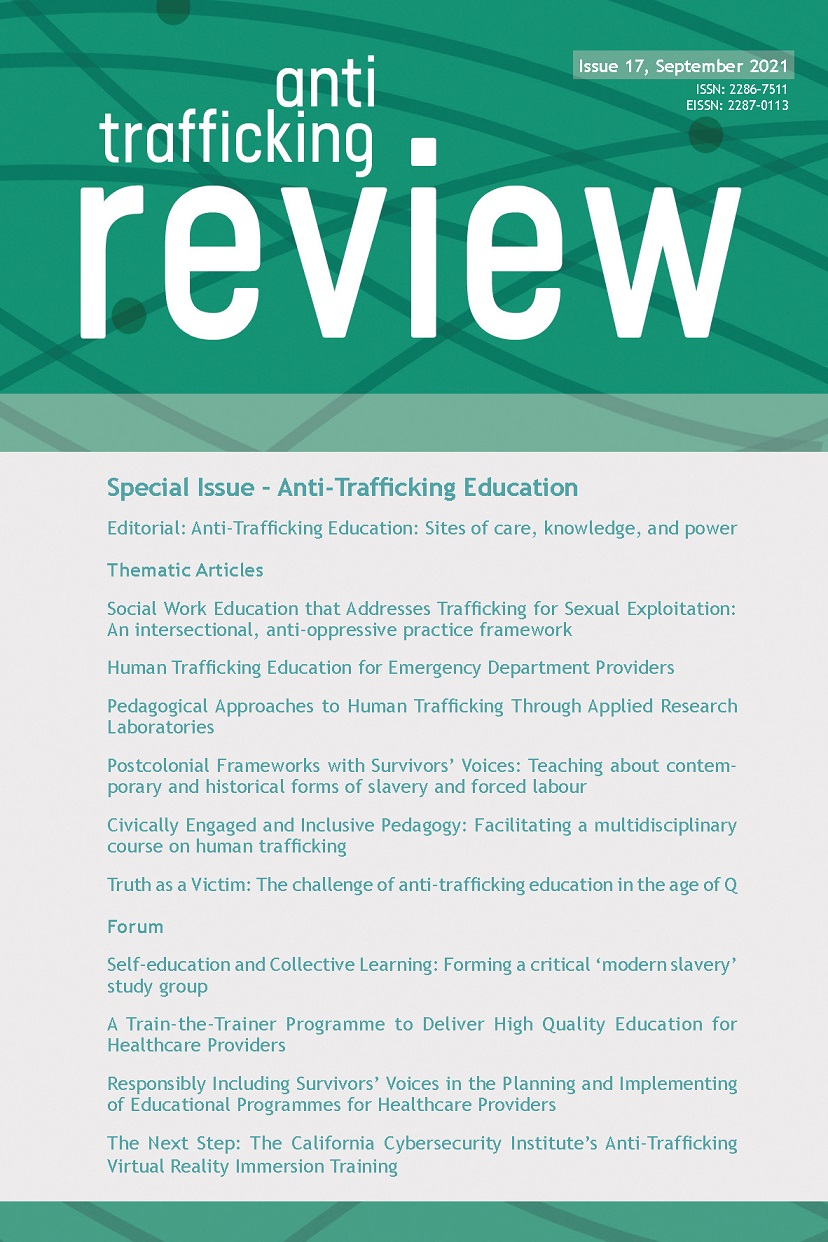
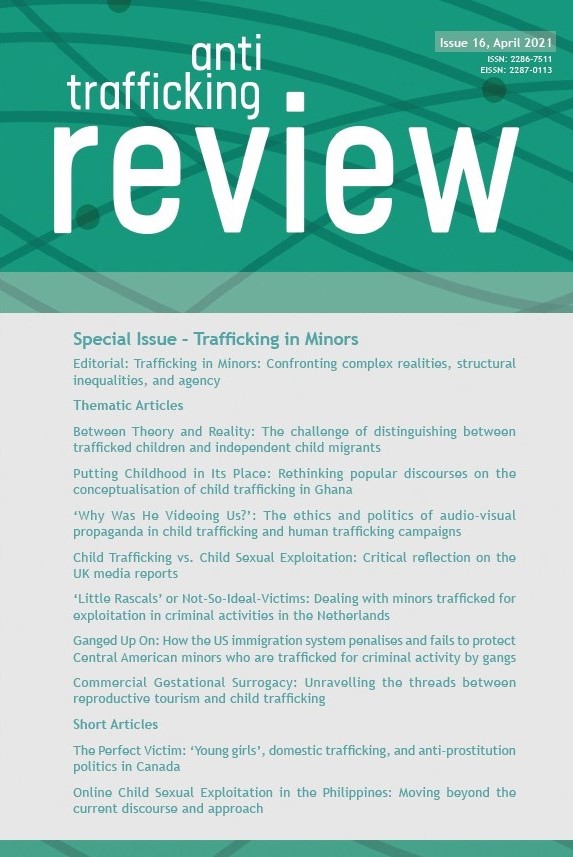
.pdf - Adobe Acrobat Pro 2_8_2021 4_36_32 PM.png)
